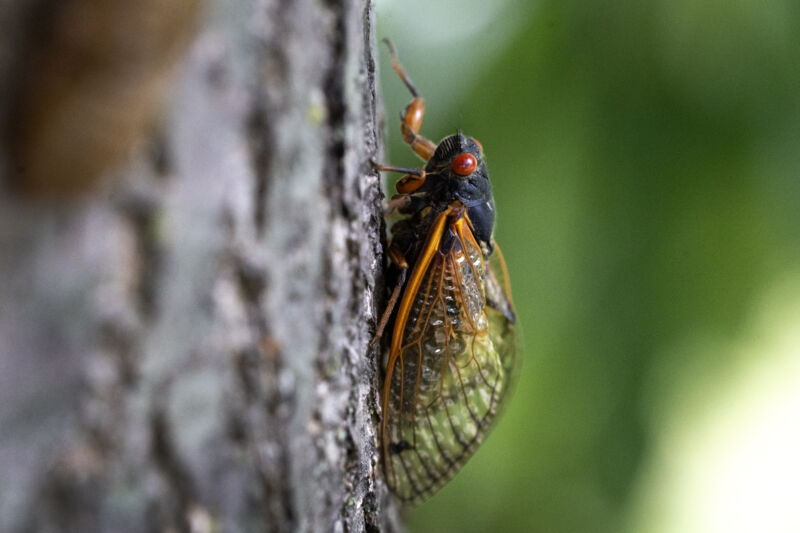Andras Hamori, Producer of ‘Crash,’ Dies at 71


On February 3, 2023, a train carrying chemicals jumped the tracks in East Palestine, Ohio, rupturing railcars filled with hazardous materials and fueling chemical fires at the foothills of the Appalachian Mountains.
The disaster drew global attention as the governors of Ohio and Pennsylvania urged evacuations for a mile around the site. Flames and smoke billowed from burning chemicals, and an acrid odor radiated from the derailment area as chemicals entered the air and spilled into a nearby creek.
Three days later, at the urging of the rail company Norfolk Southern, about 1 million pounds of vinyl chloride, a chemical that can be toxic to humans at high doses, was released from the damaged train cars and set aflame.


© NTSB/Handout via Xinhua
On February 3, 2023, a train carrying chemicals jumped the tracks in East Palestine, Ohio, rupturing railcars filled with hazardous materials and fueling chemical fires at the foothills of the Appalachian Mountains.
The disaster drew global attention as the governors of Ohio and Pennsylvania urged evacuations for a mile around the site. Flames and smoke billowed from burning chemicals, and an acrid odor radiated from the derailment area as chemicals entered the air and spilled into a nearby creek.
Three days later, at the urging of the rail company Norfolk Southern, about 1 million pounds of vinyl chloride, a chemical that can be toxic to humans at high doses, was released from the damaged train cars and set aflame.


© [CDATA[NTSB/Handout via Xinhua]]

Enlarge / A cicada from a 17-year cicada brood clings to a tree on May 29, 2024, in Park Ridge, Illinois. The state experienced an emergence of cicadas from Brood XIII and Brood XIX simultaneously. This rare occurrence hasn't taken place since 1803. (credit: Getty | Scott Olson)
A plague of parasitic mites has descended upon Illinois in the wake of this year's historic crop of cicadas, leaving residents with raging rashes and incessant itching.
The mighty attack follows the overlapping emergence of the 17-year Brood XIII and the 13-year Brood XIX this past spring, a specific co-emergence that only occurs every 221 years. The cacophonous boom in cicadas sparked an explosion of mites, which can feast on various insects, including the developing eggs of periodical cicadas. But, when the mites' food source fizzles out, the mites bite any humans in their midst in hopes of finding their next meal. While the mites cannot live on humans, their biting leads to scratching. The mite, Pyemotes herfsi, is aptly dubbed the "itch mite."
"You can't see them, you can't feel them, they're always here," Jennifer Rydzewski, an ecologist for the Forest Preserve District of DuPage County, told Chicago outlet The Daily Herald. "But because of the cicadas, they have a food source [and] their population has exploded."